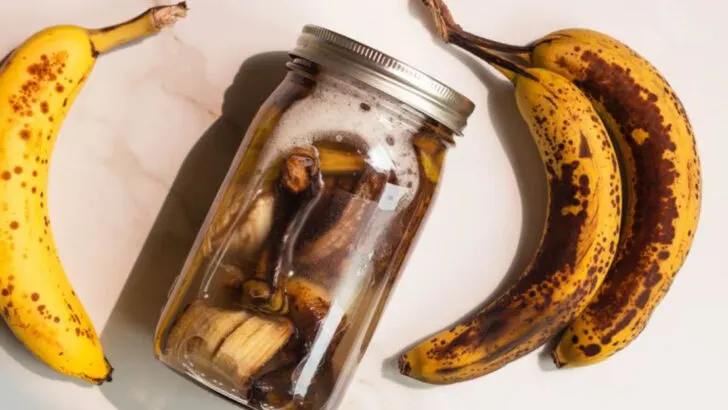You don’t always need a trip to the garden center to give your plants a boost. Some of the best organic tricks are already sitting in your kitchen, compost bin, or even your junk drawer. It’s amazing what coffee grounds, eggshells, or an old sponge can do when you start thinking like a gardener.
Working with what you have isn’t just convenient, it’s also a great way to stay connected to the process. There’s a certain kind of satisfaction that comes from repurposing scraps or solving a garden problem with stuff you didn’t even think counted. These small, smart tricks can make a real difference, and you probably already have everything you need.
Eggshell Fertilizer
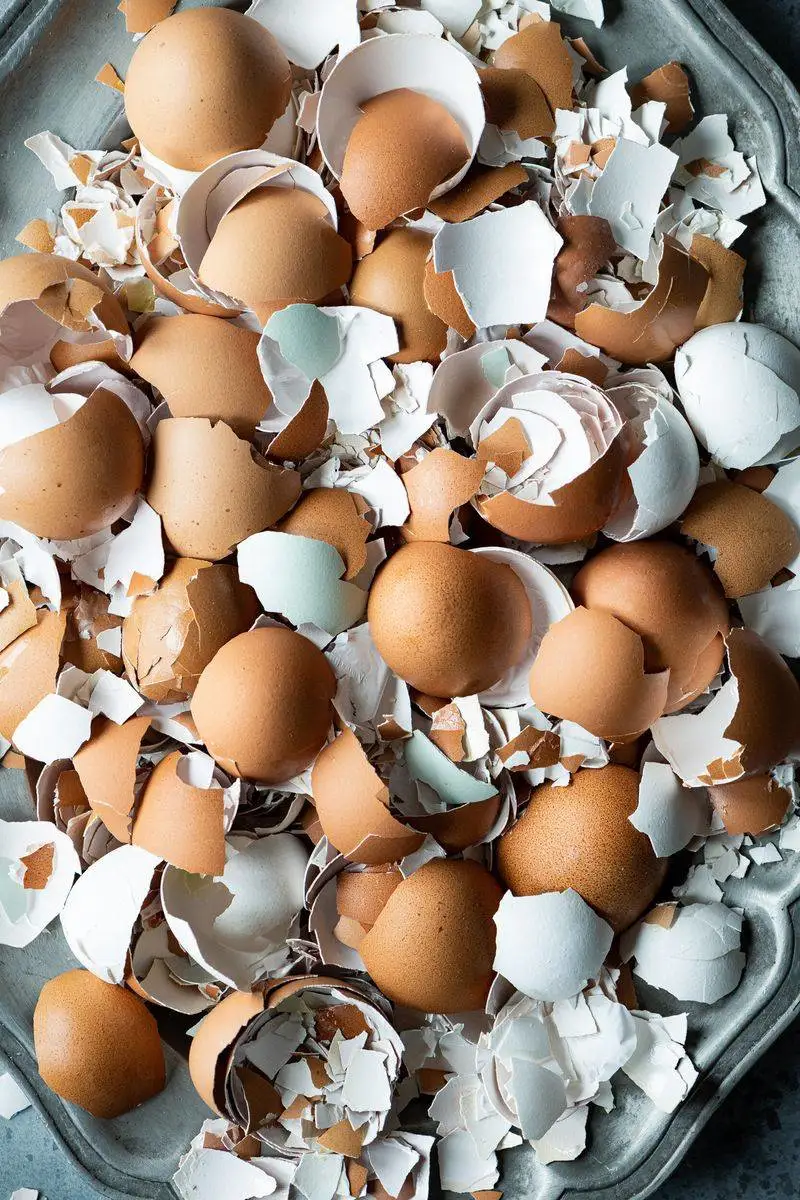
Eggshells aren’t just waste; they’re a gardener’s secret weapon. Rich in calcium carbonate, they help prevent blossom end rot in tomatoes and peppers. Start saving your breakfast remnants. Crush them into a fine powder and sprinkle around the base of your plants.
Their slow decomposition means a steady release of nutrients. Plus, they deter certain pests. A win-win for organic enthusiasts! Over time, your plants will show improved vigor and health. Who knew breakfast could benefit your garden? It’s a simple yet effective way to recycle kitchen waste into garden gold!
Banana Peel Fertilizer
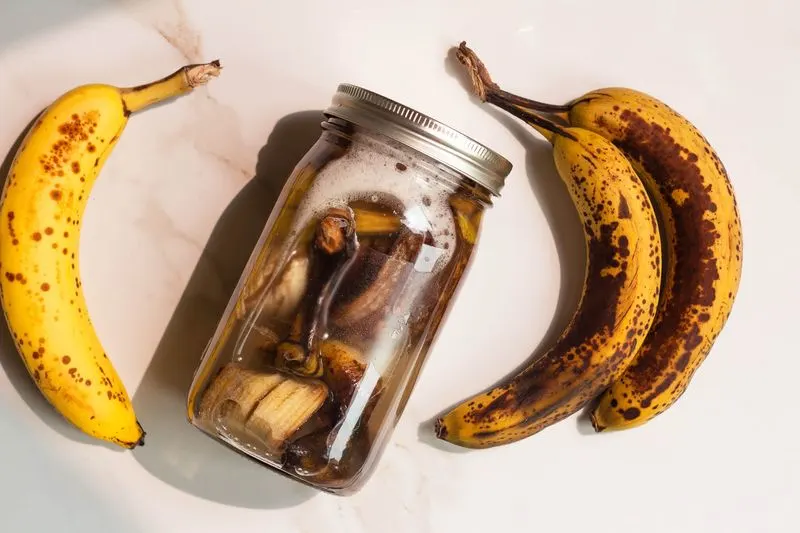
Banana peels are more than just slippery hazards. They’re packed with potassium, which roses absolutely adore. Next time you snack on a banana, consider its afterlife. Bury the peel near the roots of your rose bushes.
As it decomposes, it releases essential nutrients directly to the plants. This simple trick can lead to more vibrant blooms and healthier foliage. Additionally, banana peels can deter aphids, keeping your roses pristine. Embrace this eco-friendly practice and watch your garden flourish. It’s a small change with a big impact, turning waste into nourishment.
Coffee Grounds for Acid-loving Plants
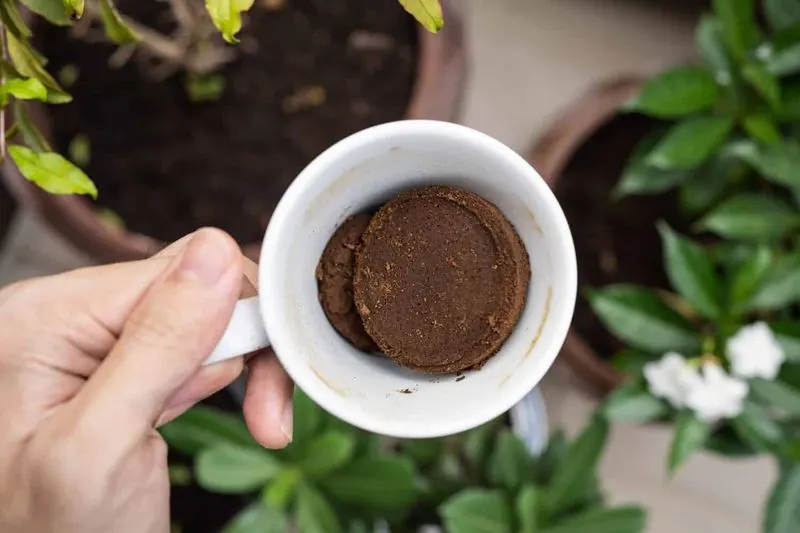
For those who cherish both morning coffee and vibrant gardens, used coffee grounds are a treasure. Plants like azaleas and blueberries thrive in acidic soil. Sprinkle these grounds around their base, and you’ll witness enhanced growth.
Not only do they add nitrogen to the soil, but they also improve drainage and aeration. Plus, they can deter slugs and cats. It’s a multifaceted gardening hack that’s easy on the wallet. Let your coffee addiction feed your garden’s needs. A simple habit change, and your plants will thank you!
Eco-friendly and efficient, it’s a gardener’s dream.
Vinegar Weed Killer
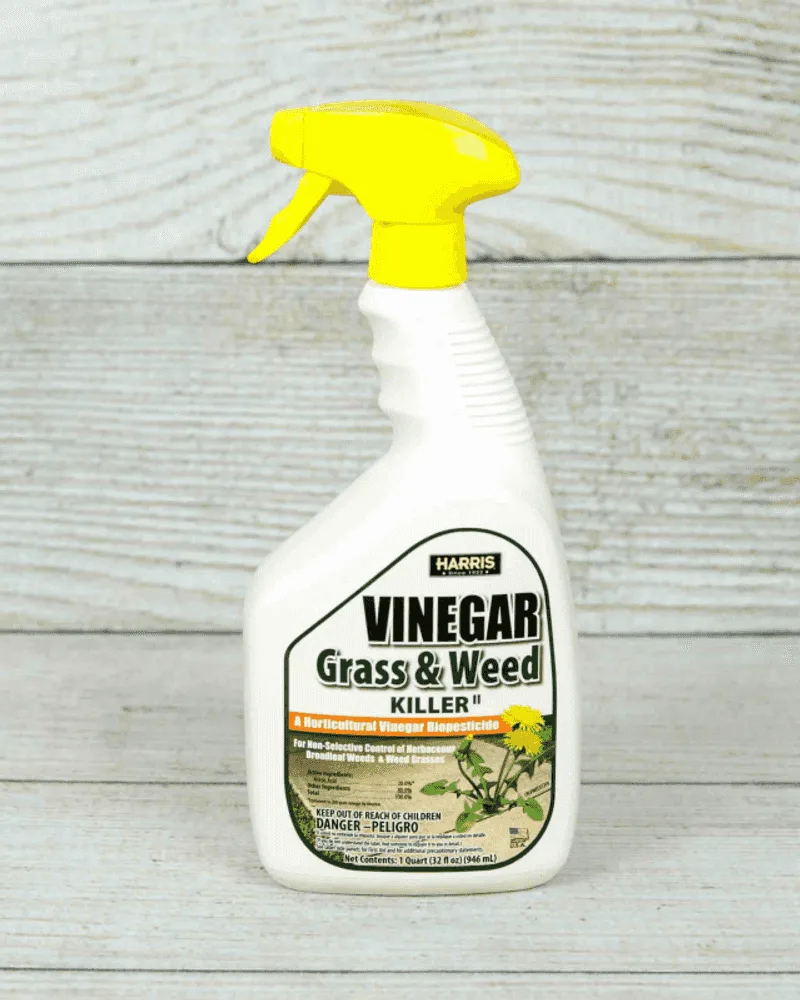
Unwanted weeds can be a gardener’s bane. But before reaching for chemicals, consider vinegar – a household staple. Its acetic acid content makes it an effective natural herbicide. Fill a spray bottle with vinegar and target those pesky intruders.
Within days, you’ll notice them wilting away. It’s an eco-friendly alternative to synthetic solutions. Just be cautious; vinegar doesn’t discriminate between weeds and your precious plants. Use it wisely, focusing solely on the unwanted guests. This natural remedy is both practical and affordable, transforming a kitchen staple into a garden ally.
Epsom Salt for Plant Health
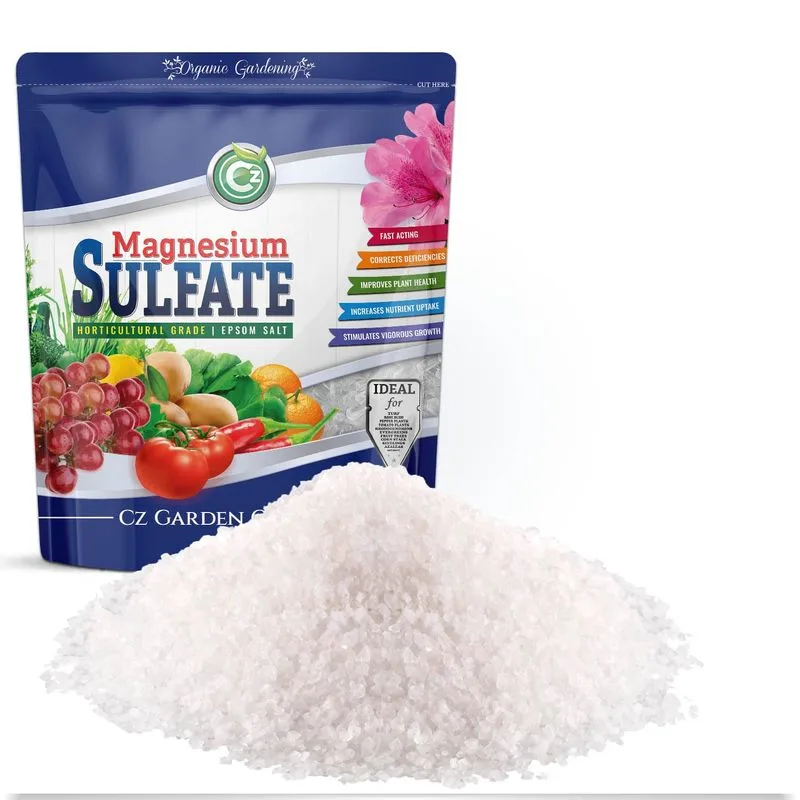
Epsom salt, known for its therapeutic properties, is equally beneficial for plants. Composed of magnesium sulfate, it promotes nutrient absorption. Dissolve two tablespoons in a gallon of water and use it for watering.
Your tomatoes and green peppers will thrive, boasting richer foliage and bountiful yields. This mineral boost enhances chlorophyll production, ensuring vibrant green leaves. It’s a garden tonic that’s both simple and effective. With Epsom salt, you’ll elevate your gardening game, turning an everyday item into a powerful growth stimulant. Experience healthier plants with this tried-and-true method.
Baking Soda for Sweeter Tomatoes
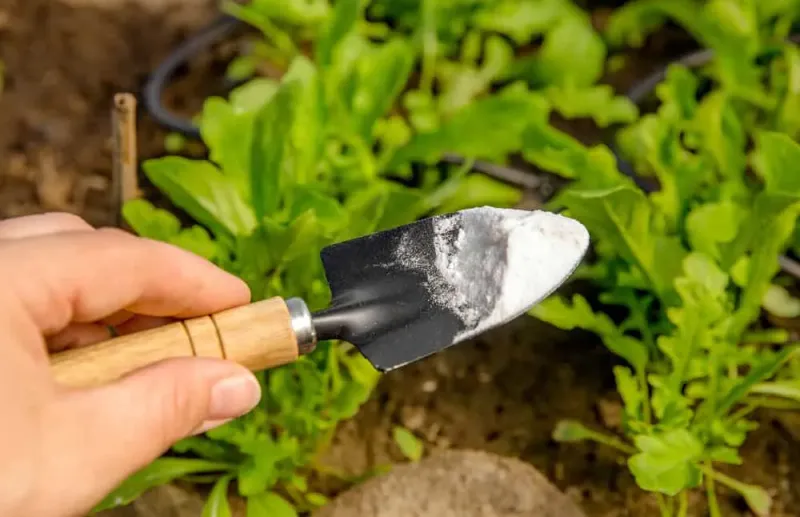
Baking soda isn’t just for the kitchen. It can sweeten your tomatoes naturally. By reducing soil acidity, it enhances the flavor profile of your tomatoes. Simply sprinkle a small amount around the base of the plants.
Over time, you’ll notice a difference in taste. This trick is not only cost-effective but also non-toxic. A little baking soda can transform your harvest into a sweet feast. Embrace this method; it’s an effortless way to improve your crop’s quality. Your garden and taste buds will thank you for this simple yet effective tip.
Milk for Powdery Mildew
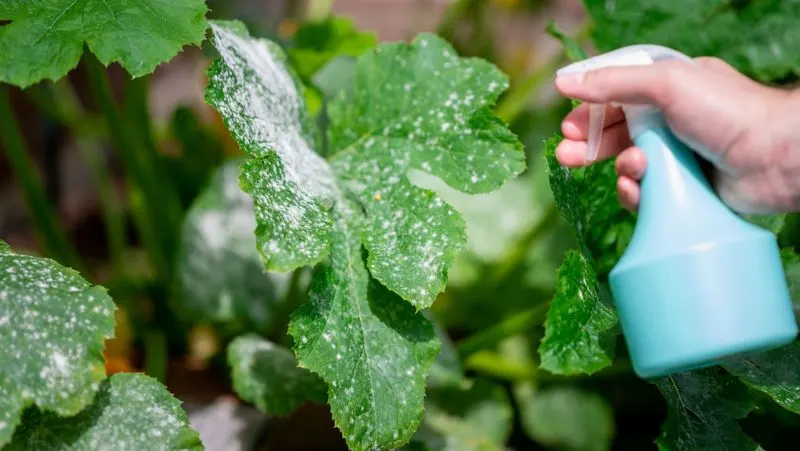
Milk isn’t just for cereal; it’s a natural remedy for powdery mildew. This fungal disease can devastate plants like cucumbers and zucchini. Mix one part milk with two parts water in a spray bottle.
Apply it to affected leaves weekly. The milk’s proteins act as a natural fungicide, combating mildew and revitalizing your plants. It’s a gentle solution that’s safe for both plants and environment. This age-old remedy offers a sustainable way to protect your garden. Transform your kitchen staple into a protective shield, ensuring healthier, more resilient plants.
Newspaper Mulch
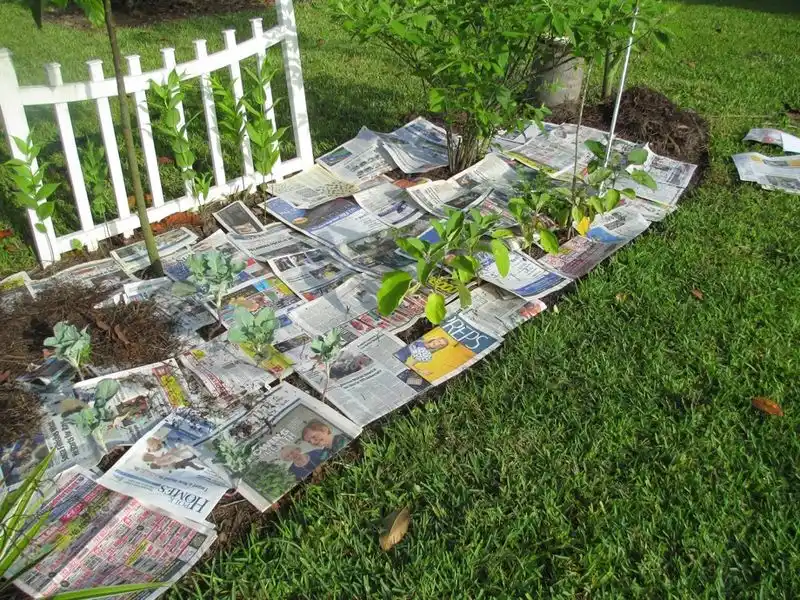
Old newspapers can be more than reading material. When layered as mulch, they suppress weeds and retain soil moisture. Simply lay them around your plants, adding a layer of organic mulch on top.
This method not only recycles waste but also enriches the soil as the paper decomposes. Your plants will stay hydrated and weed-free, offering a low-cost, eco-friendly solution. It’s a simple yet effective strategy for robust gardens. Embrace sustainability with this creative reuse of daily papers. Your garden will thrive with minimal effort and maximum reward.
Citrus Peel Pest Control

Citrus peels, with their refreshing aroma, aren’t just landfill fodder. They can deter pests like ants and slugs. Scatter peels around your plants, and watch these unwelcome visitors steer clear.
The natural oils in citrus act as a repellent. Plus, as the peels break down, they enrich the soil with valuable nutrients. It’s an effective, aromatic solution that’s both simple and sustainable. Use this fragrant barrier to protect your precious plants. A garden that smells delightful and stays pest-free is within reach with this clever trick.
Fish Tank Water Fertilizer
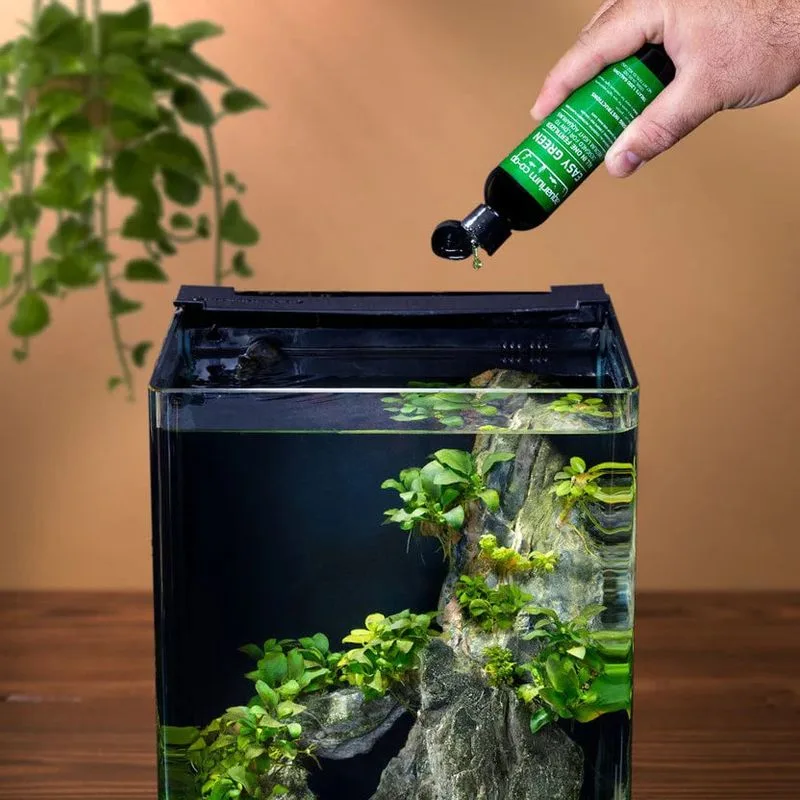
If you own a fish tank, consider its water liquid gold for your plants. As you clean the tank, save that nutrient-rich water. It’s filled with beneficial bacteria and essential nutrients.
Use it to water your plants, giving them a natural boost. This simple recycling method offers a sustainable way to nurture your garden. It’s a win-win for both fish and plants. Enhance your plant’s vitality with this eco-friendly strategy. Embrace this closed-loop system, turning waste into nourishment effortlessly. Your plants will flourish with this hidden gem of a resource.
Onion Skin Fertilizer
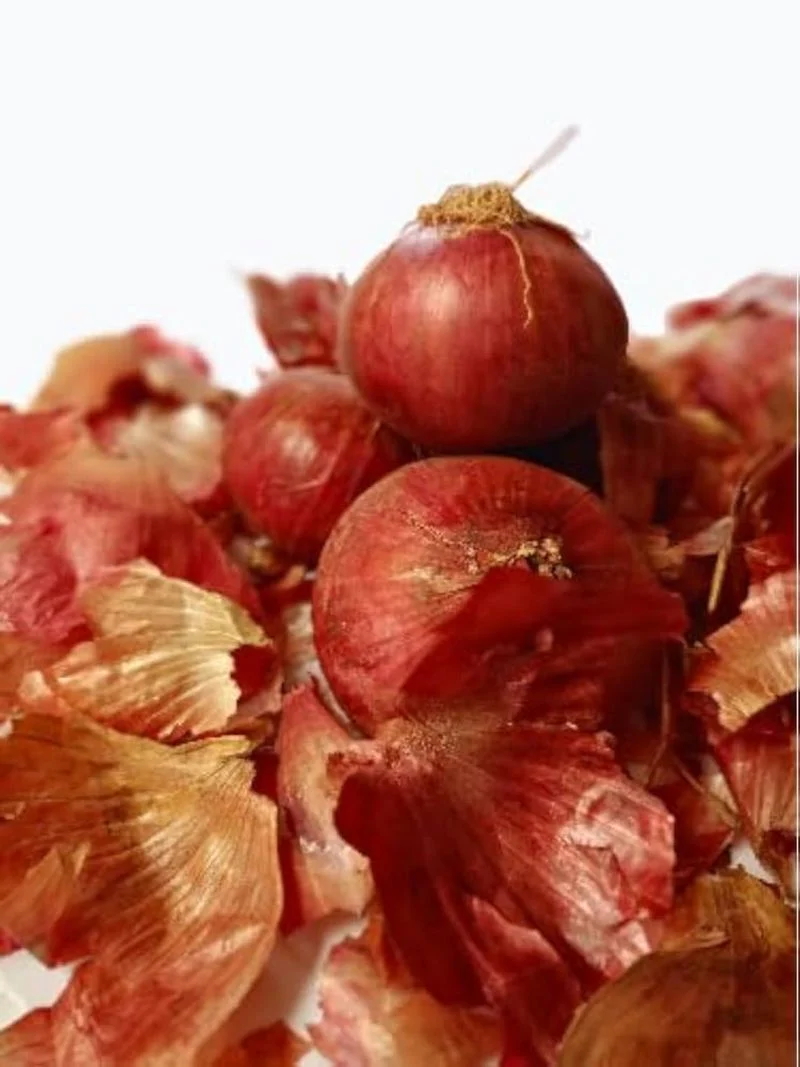
Don’t toss those onion skins just yet. They’re a treasure trove of nutrients for your garden. Rich in potassium and calcium, these skins can enhance plant growth.
Boil them in water, let it cool, and use this nutrient broth to water your plants. Your garden will benefit from this simple, organic boost. It’s an easy way to recycle kitchen waste into a growth elixir. Harness the power of these humble skins and watch your plants thrive. It’s a small effort with substantial rewards, proving that even scraps hold value.
Yogurt for Leaf Mold
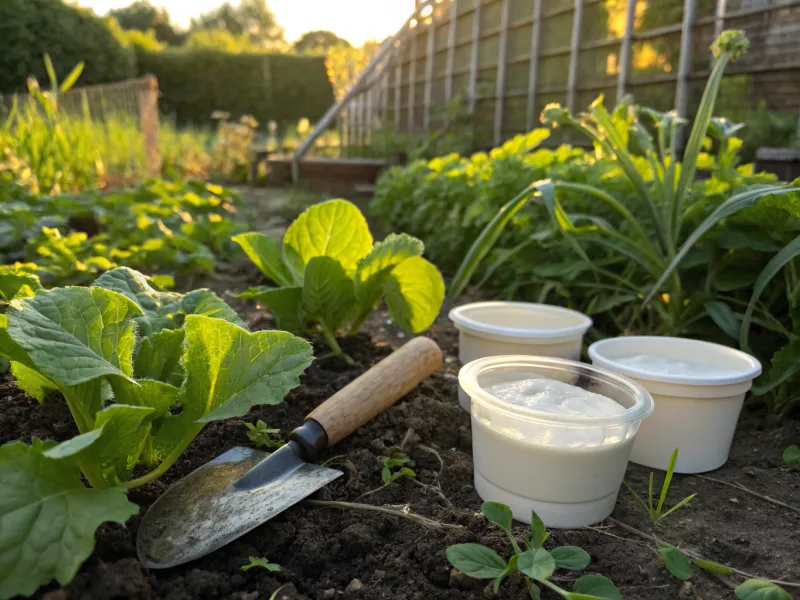
Yogurt isn’t only for breakfast. It harbors beneficial bacteria that can combat leaf mold. Mix yogurt with water and apply it to affected plants with a brush or spray.
This natural remedy helps restore plant health, tackling mold without harsh chemicals. It’s safe and eco-friendly, nurturing your garden with biological allies. Transform your leftover yogurt into a garden guardian, ensuring lush, mold-free foliage. This unconventional approach offers a refreshing take on garden care. Embrace this probiotic solution and witness the rejuvenating effects on your plants.
Compost Tea from Kitchen Waste
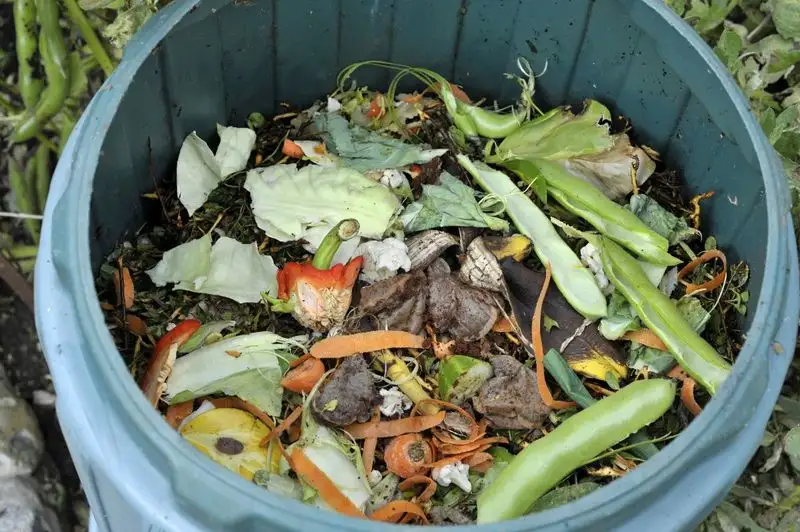
Kitchen scraps can brew up a garden miracle: compost tea. From fruit peels to vegetable trimmings, these organic wastes steep in water to create a nutrient-rich liquid.
Use this elixir to water your plants, providing them with a concentrated dose of vital nutrients. It’s a powerful, eco-friendly fertilizer that recycles waste into garden gold. This sustainable practice enriches the soil, boosting plant health naturally. Discover the magic of compost tea and elevate your gardening game with this homemade solution. It’s simple, effective, and earth-friendly.
Potato Water for Plant Growth
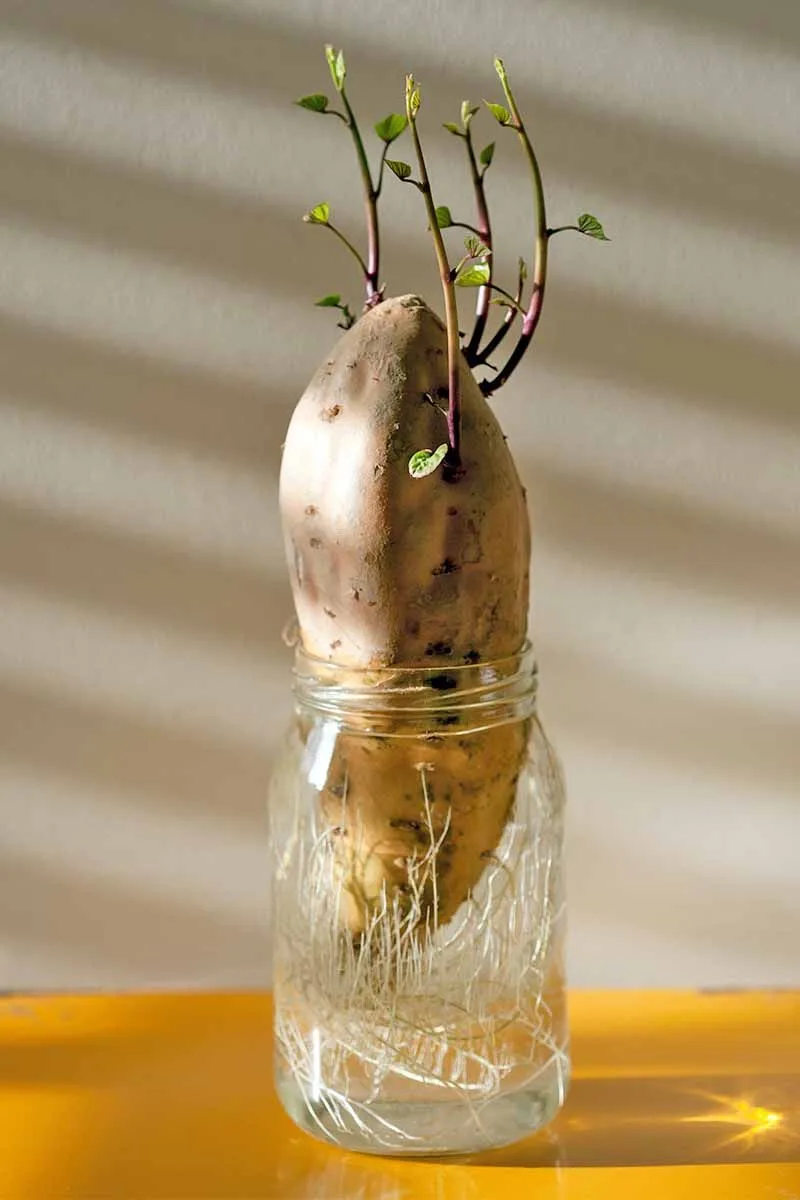
Next time you boil potatoes, save that starchy water. As it cools, it transforms into a growth tonic for your plants. The residual nutrients promote vigorous growth.
Water your plants with this liquid gold, and observe enhanced vitality. It’s a fuss-free method to recycle kitchen by-products into a natural fertilizer. This practice not only nourishes your garden but also reduces waste. Embrace this simple trick and witness the wonders of potato water on your plants. It’s an easy, cost-effective way to boost their health with household leftovers.

